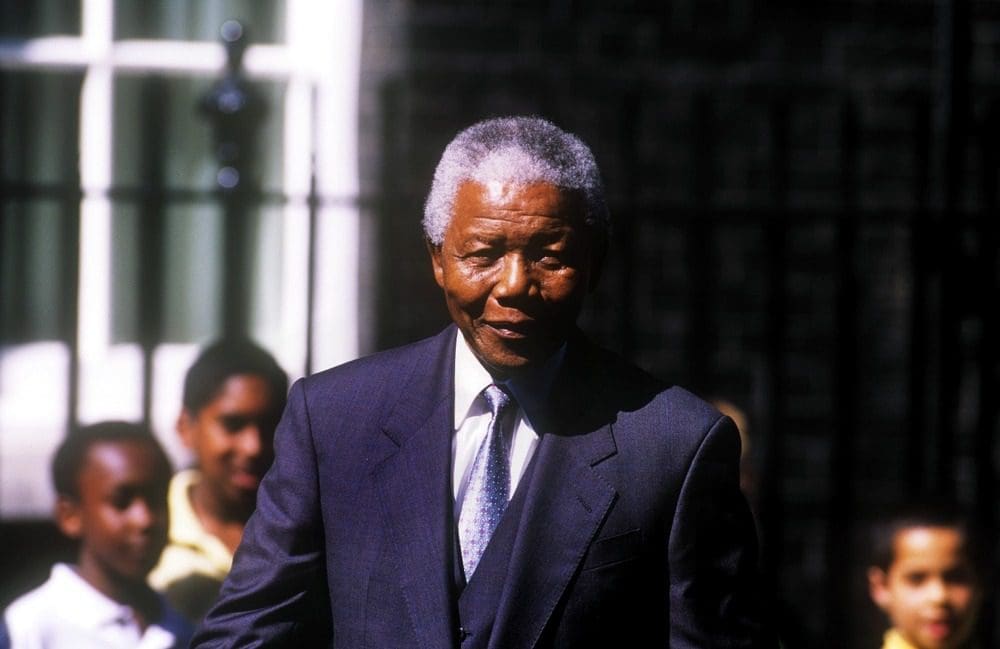
Every July 18, the world pauses to honor Nelson Mandela — not just the man, but the movement he symbolized.
Mandela Day isn’t about pageantry or politics. It’s a call to action. A reminder that ordinary people can drive extraordinary change.
Behind the 67 minutes of service lies a century of struggle, imprisonment, and ultimately, forgiveness.
Here’s how Mandela’s legacy became a global mission.
The Birth of a Revolutionary
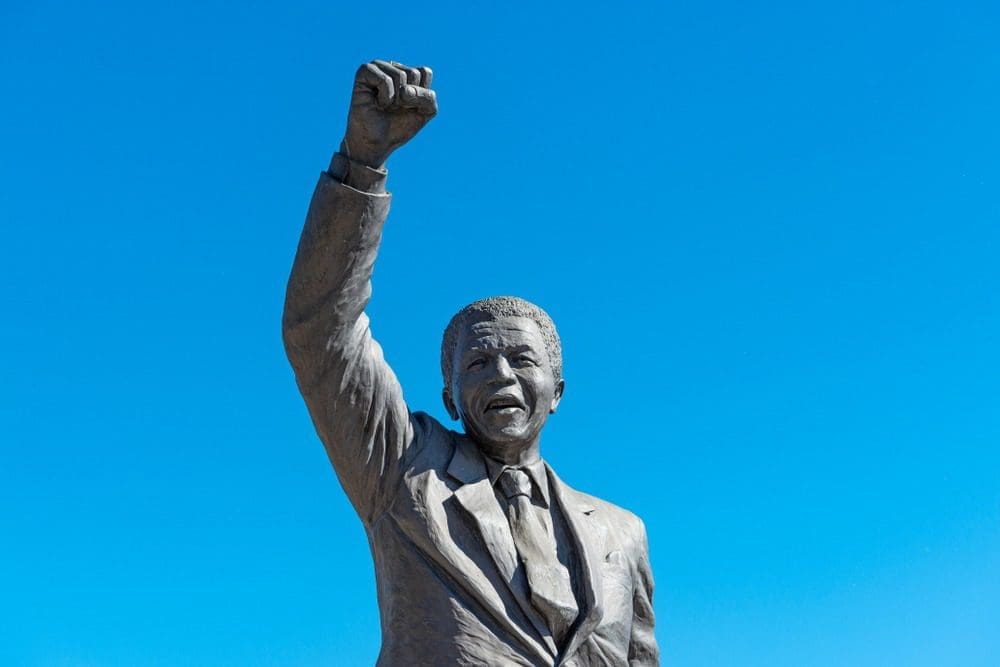
Born July 18, 1918, in the rural village of Mvezo, South Africa, Nelson Rolihlahla Mandela was raised in the Thembu royal household. From the start, he was steeped in Xhosa traditions — but as he grew, so did his awareness of the injustice embedded in apartheid.
Apartheid and Resistance
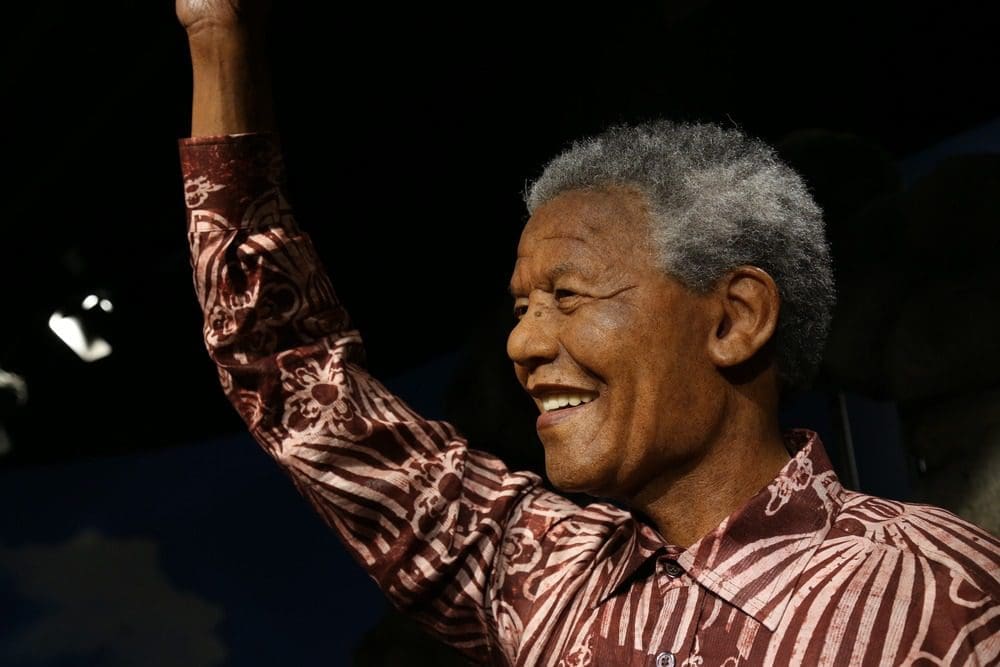
In 1948, South Africa formally adopted apartheid — a brutal system of racial segregation. Mandela, a young lawyer, joined the African National Congress (ANC) and helped form its Youth League. By the 1950s, he was organizing strikes and acts of civil disobedience.
Prisoner 466/64
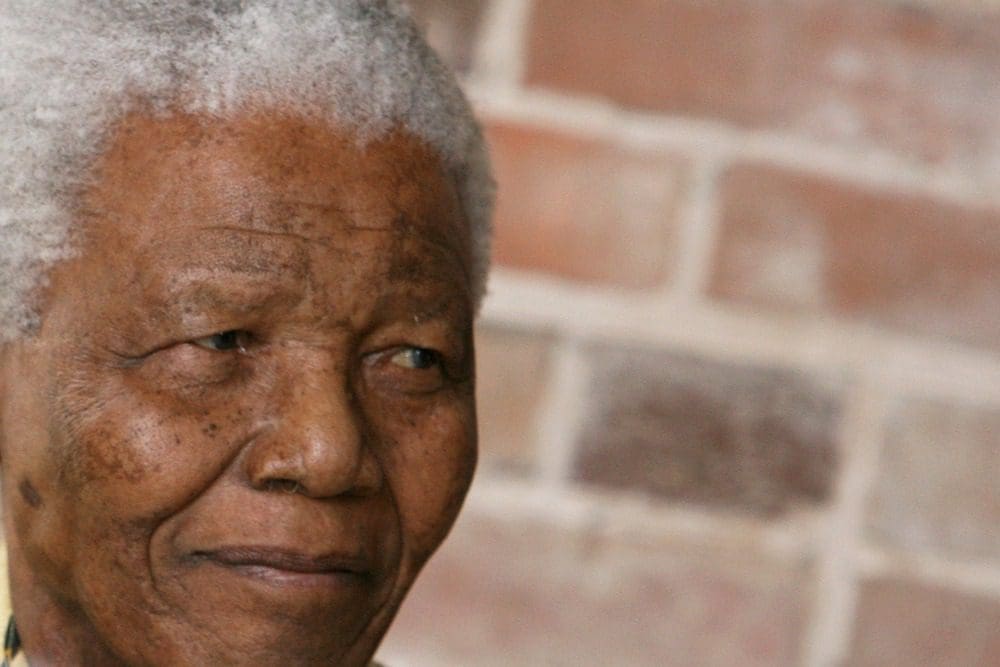
After cofounding the ANC’s armed wing and being labeled a terrorist by the state, Mandela was arrested in 1962. He spent 27 years in prison — 18 of them on Robben Island. His defiance never wavered. “I am prepared to die,” he said in court.
A Global Symbol
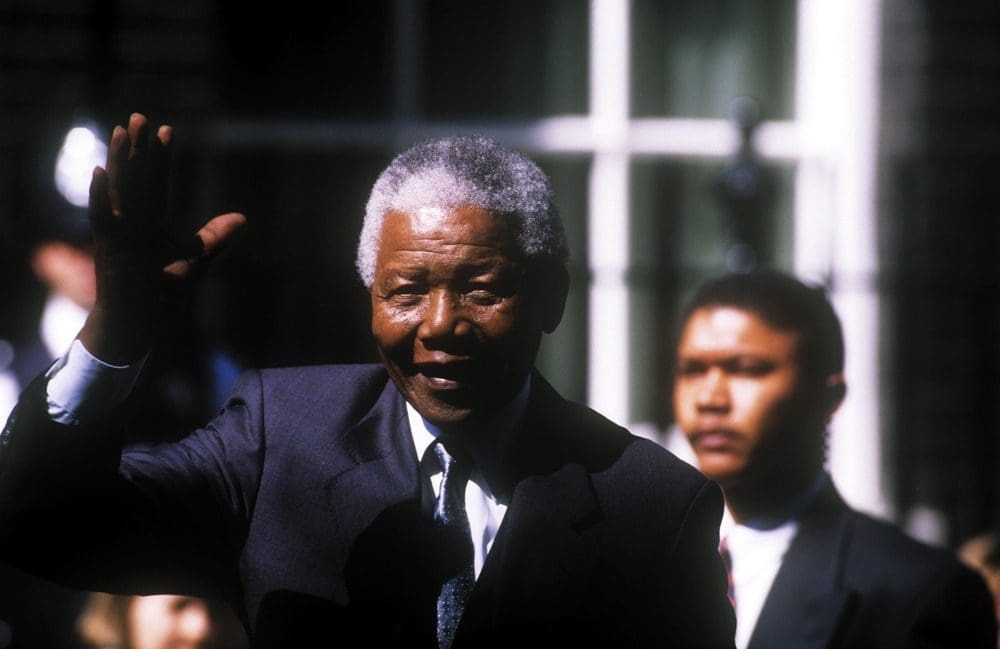
While Mandela was behind bars, his name became a rallying cry. Anti-apartheid protests erupted around the world. Musicians, students, and politicians demanded his release. By the 1980s, “Free Nelson Mandela” was a global slogan.
Freedom and Forgiveness
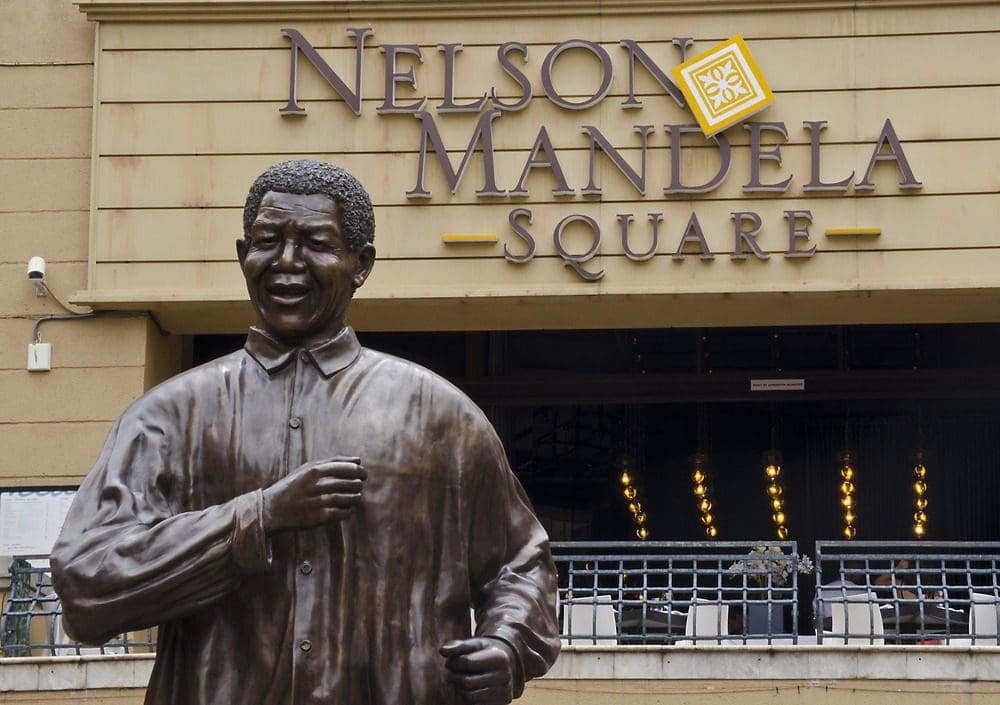
Released in 1990, Mandela chose reconciliation over revenge. He led negotiations to dismantle apartheid and unify a fractured nation. In 1994, he became South Africa’s first Black president — ushering in a new era of democracy.
67 Years of Service
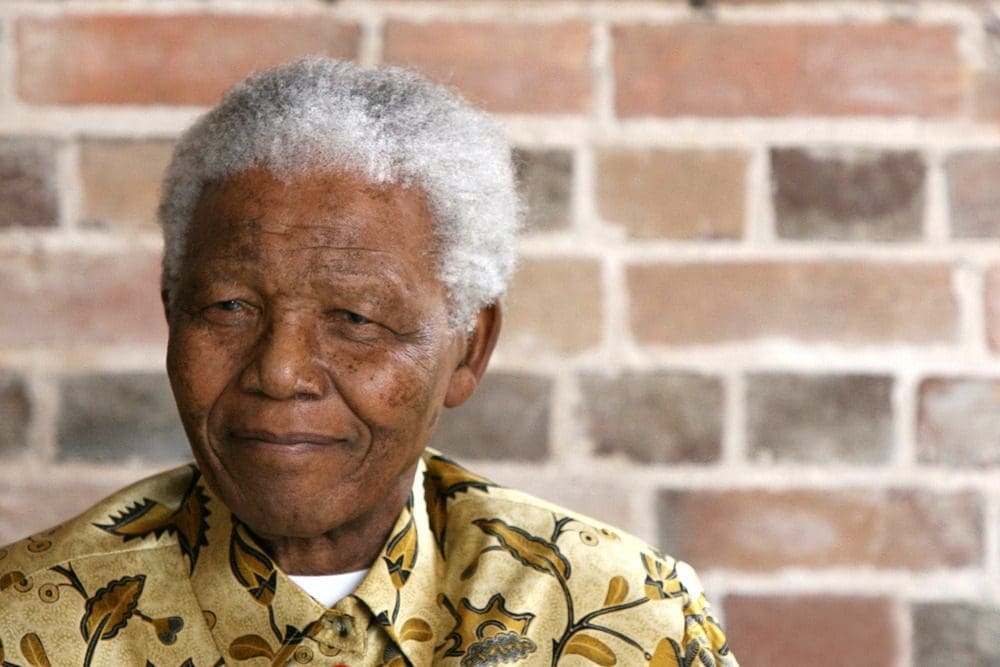
Mandela dedicated 67 years to public service: from 1942 to 2009. This number is the cornerstone of Mandela Day. Whether you plant trees, tutor kids, or feed the hungry — 67 minutes of action honors his decades of sacrifice.
Mandela Day Is Born
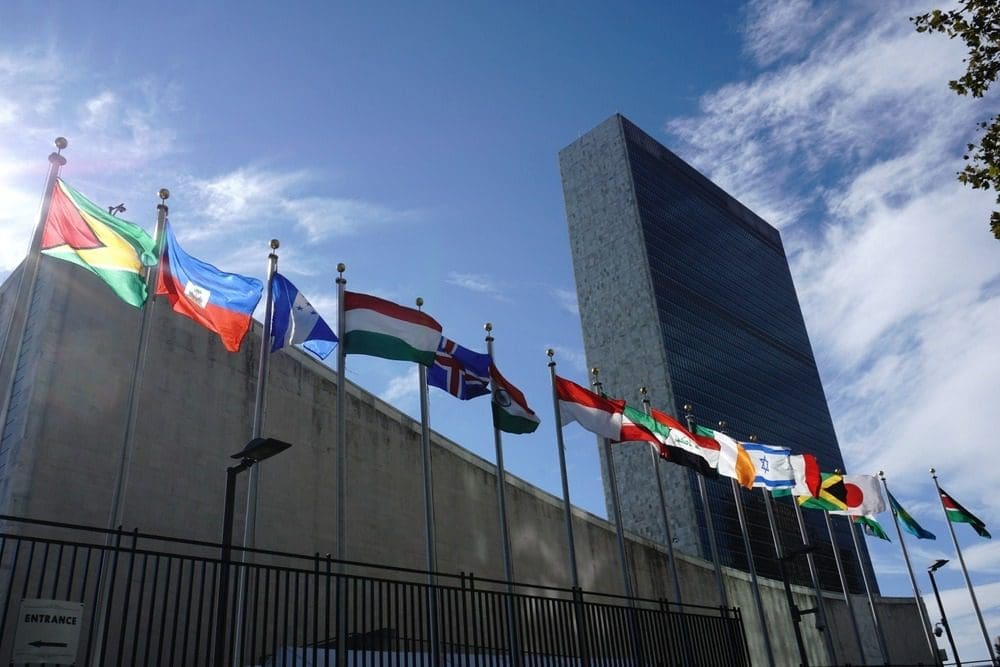
In 2009, the United Nations officially declared July 18 as Nelson Mandela International Day. The idea: Don’t celebrate Mandela, emulate him. It’s a day to give back, speak up, and move forward.
From South Africa to the World
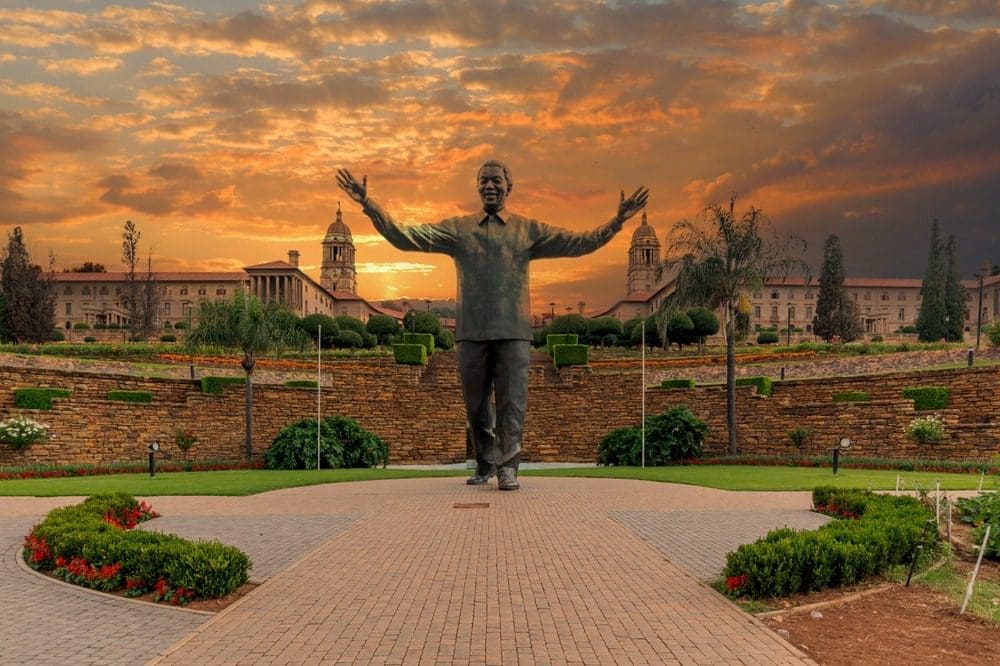
Mandela Day events happen across the globe — from cleaning parks in New York to building schools in Nairobi. It’s not about grandeur. It’s about impact. Local actions, global change.
Why It Still Matters
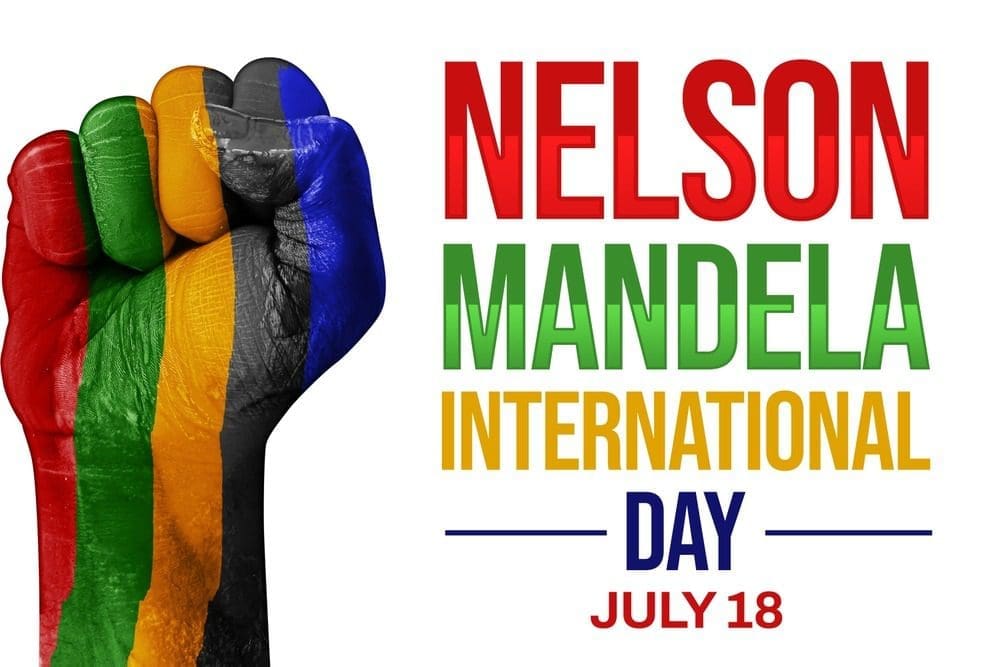
Mandela’s vision of justice, dignity, and forgiveness remains urgent. Inequality, racism, and authoritarianism persist. Mandela Day reminds us that progress takes persistence — and that the fight for freedom never truly ends.
Your 67 Minutes
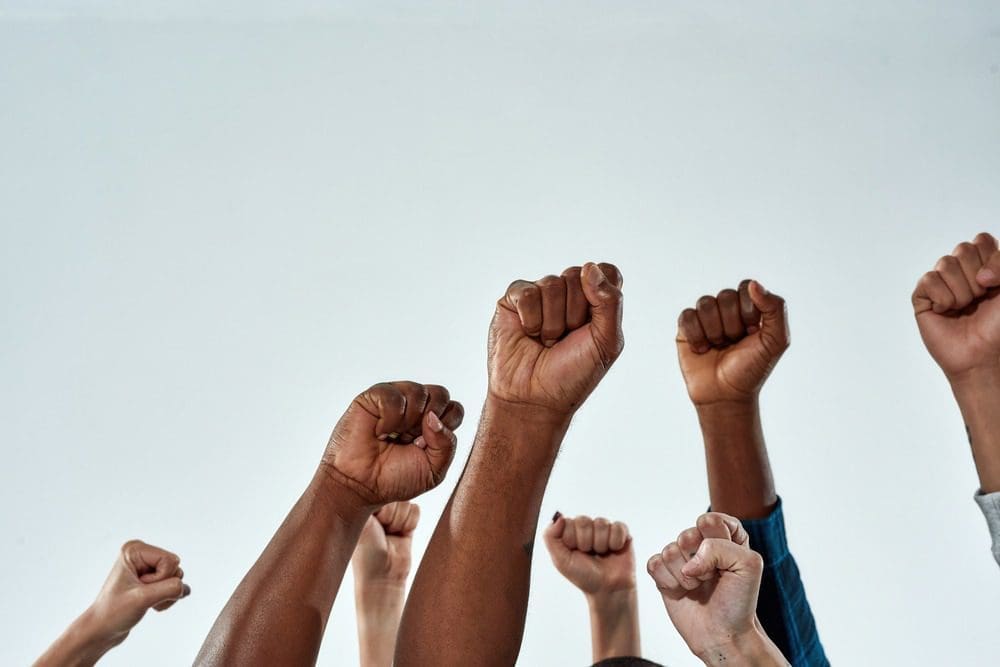
Mandela once said, “It is in your hands to create a better world.” That’s the spirit of Mandela Day. You don’t have to be a president to make change. Just start. Help a neighbor. Mentor a teen. Pick up a shovel. The revolution begins small.

























